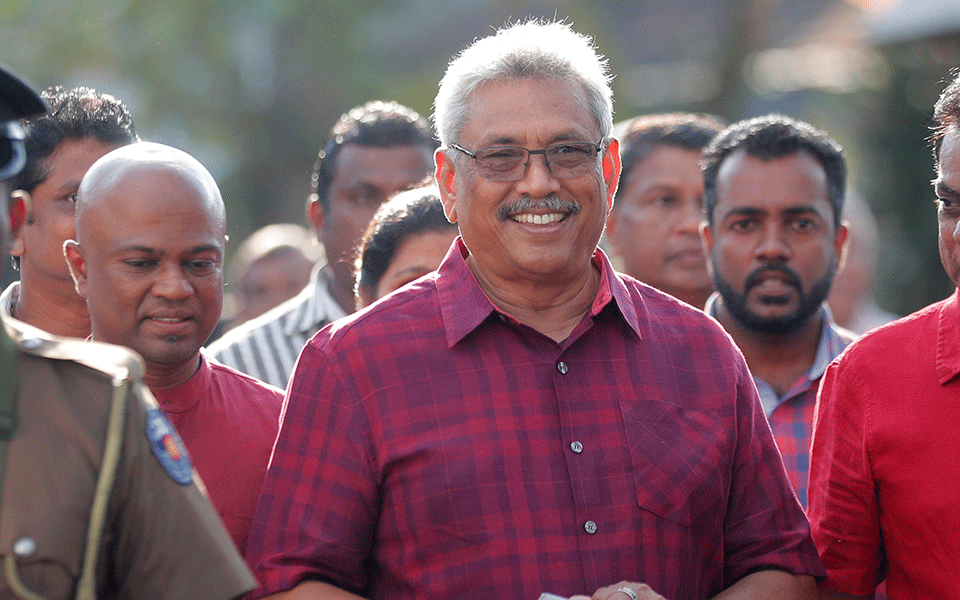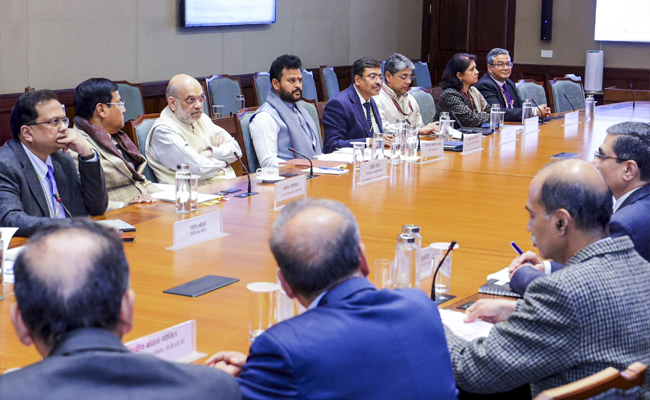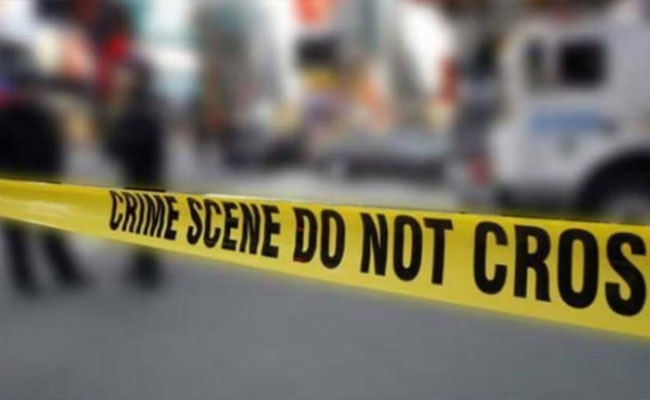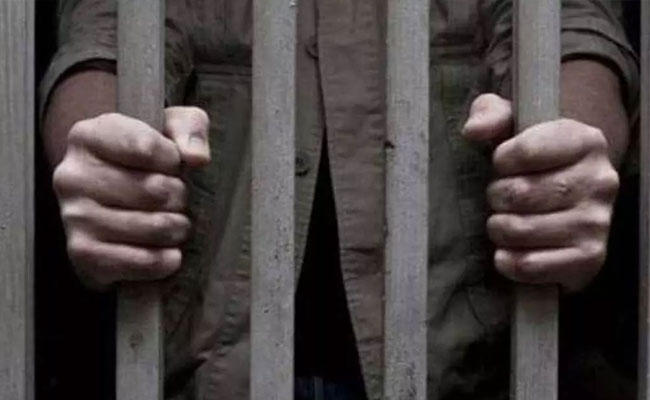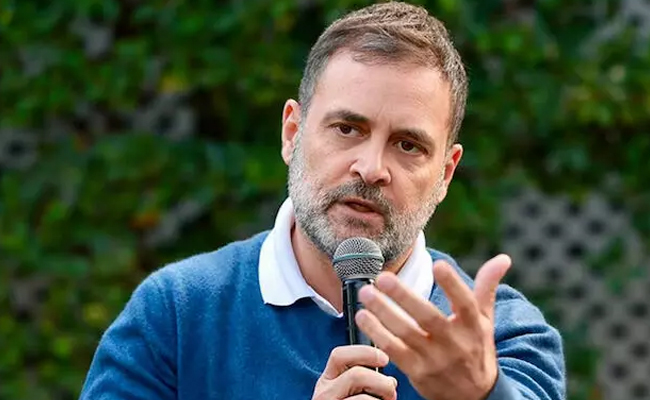Colombo(PTI): A no-confidence motion tabled by the Opposition against Sri Lankan President Gotabaya Rajapaksa was defeated in Parliament on Tuesday, in a comfortable win for the embattled President amidst nationwide protests demanding his resignation due to the country's worst-ever economic crisis.
The motion by Opposition Tamil National Alliance (TNA) MP M A Sumanthiran to suspend Parliament's standing orders in order to debate an expression of displeasure over President Rajapaksa was defeated with 119 MPs voting against it, the Economy Next newspaper reported.
Only 68 MPs voted in favour of the motion, it said, giving the 72-year-old President a comfortable victory.
With the motion, the Opposition sought to demonstrate how nationwide calls for President Rajapaksa's resignation are reflected in the country's legislature, the report said.
The main Opposition Samagi Jana Balavegaya (SJB) MP Lakshman Kiriella had supported the motion.
According to SJB MP Harsha de Silva, among those who voted against the motion was Sri Lanka's newly-elected Prime Minister Ranil Wickremesinghe.
Human rights lawyer Bhavani Fonseka tweeted after the vote that the motion's defeat exposed MPs who protect President Rajapaksa.
On Tuesday, Parliament met for the first time after the appointment of new Prime Minister Wickremesinghe, as the country looks to undertake major constitutional reforms amid the worst economic crisis.
Sumanthiran, who moved the motion, wanted the standing orders suspended to carry on with the debate.
The government, however, objected to suspending the standing orders. The Speaker then ordered a vote on the question of suspending the standing orders.
The government won the vote and forced the adjournment motion moved on the violence suffered by the ruling party politicians since May 9.
The police on Monday said that some 78 ruling party politicians had suffered damage to properties.
The Opposition said the motion of displeasure could be moved on Friday. Sri Lanka is witnessing an unprecedented economic crisis.
The Rajapaksa government had taken some arbitrary decisions like banning chemical fertiliser imports in favour of organic farming and resisting turning to the International Monetary Fund which led to the country's worst economic crisis since its independence from Britain in 1948.
A crippling shortage of foreign reserves has led to long queues for fuel, cooking gas and other essentials while power cuts and soaring food prices heaped misery on the people.
The economic uncertainty also triggered a political crisis in Sri Lanka and a demand for the resignation of the powerful Rajapaksas.
President Gotabaya Rajapaksa sacked his Cabinet and appointed a younger Cabinet as a response to the demand for his resignation. A continuous protest opposite his secretariat has now gone on for well over a month.
On May 9, Gotabaya Rajapaksa's elder brother Mahinda Rajapaksa resigned as the prime minister to make way for the president to appoint an interim all political party government. Wickremesinghe was appointed the country's new prime minister on Thursday.
Let the Truth be known. If you read VB and like VB, please be a VB Supporter and Help us deliver the Truth to one and all.
New Delhi (PTI): To beef up the security infrastructure of ports, the government will set up a statutory body -- the Bureau of Port Security -- that will ensure timely analysis, collection and exchange of security-related information of ports and vessels, officials said on Friday.
Union Home Minister Amit Shah on Thursday convened a meeting for the constitution of the dedicated body, the Bureau of Port Security (BoPS), which was attended by the Minister of Ports, Shipping and Waterways, Sarbananda Sonowal, and the Minister of Civil Aviation, Ram Mohan Naidu, an official statement said.
Emphasising that there is a need to establish a country-wide robust port security framework, Shah directed that security measures should be implemented in a graded and risk-based manner, taking into account vulnerabilities, trade potential, location, and other relevant parameters.
ALSO READ: Four arrested in cattle theft case after encounter in UP's Kaushambi
The meeting also noted that lessons learned from the maritime security framework shall be replicated in the aviation security domain, the statement said.
The new body, modelled on the lines of the Bureau of Civil Aviation Security (BCAS), will be constituted as a statutory body under the new Merchant Shipping Act, 2025, and will work under the aegis of the Ministry of Ports, Shipping and Waterways (MoPSW), it said.
Headed by a senior IPS officer as its director general, the BoPS will be responsible for regulatory and oversight functions relating to the security of ships and port facilities.
"During the transition period of one year, the director general of shipping shall function as the director general of BoPS," the statement said.
"The BoPS will ensure timely analysis, collection and exchange of security-related information, with a special focus on cybersecurity, including a dedicated division to safeguard port IT infrastructure from digital threats," it said.
The government has designated the Central Industrial Security Force (CISF) as a recognised security organisation (RSO), responsible for undertaking security assessments and preparation of security plans for port facilities.
The Central Armed Police Force (CAPF) will train and build the capacities of private security agencies (PSAs) engaged in port security.
"These agencies shall be certified and appropriate regulatory measures shall be introduced to ensure that only the licensed PSAs operate in this sector," the statement said.

